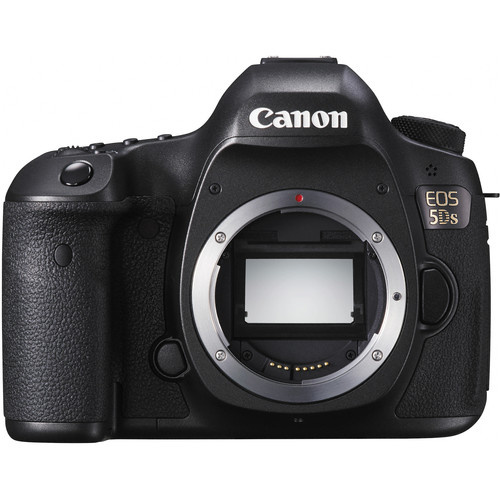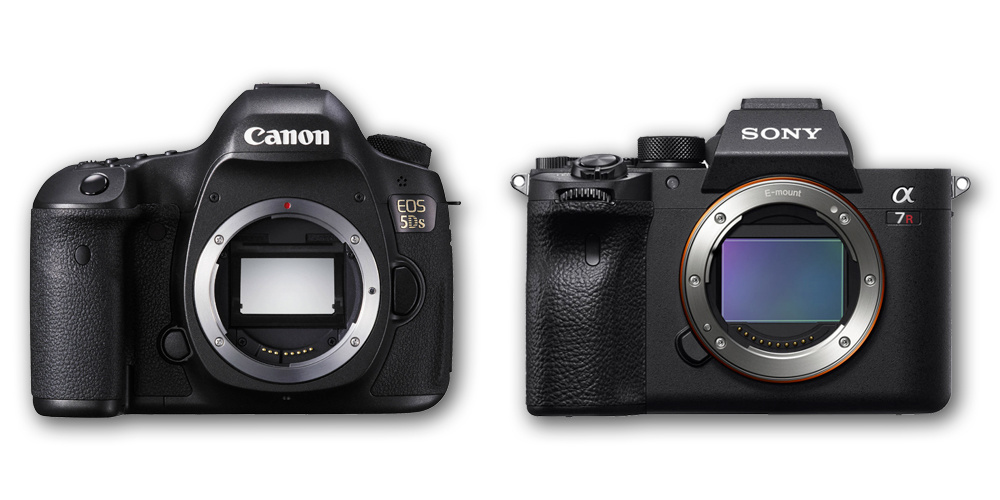I Bought a DSLR in 2021: Why You Should Too
DSLR #DSLR

I just bought a DSLR — the Canon 5DS. Yes, you read that right, and no, this article is not a repost from 2016. DSLRs are a very viable option that you should look into before buying your next camera.
Some claim that now is the mirrorless age. With major companies discontinuing lenses for DSLRs, and many completely shutting off their DSLR range, it is easy to believe that. However, just because a company no longer makes a product doesn’t mean that the product is bad or worse, irrelevant. For me, the DSLR I bought will be relevant right until it is no longer serviceable by the manufacturer.

Why would anyone invest in a dying camera breed? Sounds like a waste of money, right? I asked myself the same questions when I was pondering the idea of buying the Canon 5DS system.
After all, the new cameras are just better. I, and you, know they are. I am not writing this article to say that DSLRs are better, because they’re not. Mirrorless outshine DSLRs when it comes to autofocus, weight and size of the body, alongside many other things. If I was doing video full-time, I would buy the EOS R5 the day it became available. The video specs are incredible, and Canon set a new benchmark for the market. But, I don’t do video full-time. Commercial and editorial fashion photography is my bread and butter. My work is predominantly (95%) stills. Due to the hype created around the new mirrorless breed, many photographers are overspending on the “better” option. Here are a few reasons why the DSLR is still a very viable option and why I bought a DSLR.

What Do I Need?
First off, let me explain what I need from a camera. Bear in mind that what you need is probably different, feel free to comment on your needs below. As a fashion photographer, my work is either on location or in the studio.
So, where does the current Canon DSLR lineup fit in, and why does it make sense to buy a DSLR, the 5DS in particular?
Resolution
The 5DS offers the highest resolution available in the Canon ecosystem. In general, DSLRs offer anything between 20-30 megapixels in resolution, which is plenty for most work, but I need more.

Autofocus
DSLRs have inferior autofocus to mirrorless. But does it suck? No, the DSLR autofocus, especially on the newer models, is really good.
Besides, getting sharp images is not only about autofocus. Having photographed beauty and other macro subjects, autofocus is only a part of a huge game. Other things like plane of focus, depth of field, hyperfocal distance, hyperfocal near limit, and so on are important factors to understand. Crucial to know. Things like focal length, subject size, sensor size, and more affect if you can get sharp images. While there is a genre of portraits at f/1.2 where the only sharp thing in the eye, they don’t have commercial viability on the market. More often than not, I use an f/2.8 lens to shoot at f/8 if not f/22. Understanding how focus works will get you sharp images, having good autofocus won’t. Sure, DSLRs miss focus and they don’t have 100% coverage. But how often do you need autofocus points that are outside of the DSLR range? I know I am fine with the 61 that the 5DS has. Are you?
Weight
Let’s talk about one of the biggest arguments for mirrorless: weight. Although they are lighter, the lenses are the same if not heavier. Given that I shoot with a crew and more often than not have an assistant or a tripod to hold the camera, I am not worried about grams and ounces. There is a huge difference between taking a medium format camera and a DSLR. That difference doesn’t exist as strongly in the DSLR versus mirrorless game. What I also found with shooting mirrorless is that the lens-heavy setups feel very strange. I much rather prefer for the whole thing to be balanced evenly.
Lens Choice
The Canon ecosystem has a lot of different EF mount lenses I can choose from. I don’t see there being a shortage of EF lenses on the used market for the next 30+ years. Canon produced consistently sharp pro lenses that resolve plenty of detail even on the 50-megapixel beast.
Price
I set myself a budget of $950. No more, only less. While it seemed like a challenge, I waited long enough. For a professional camera that has incredible resolution and produces mindblowing detail while being a compact DSLR, there is really nothing else I can ask. The used market is full of 5D-series cameras that are great performers in most situations. If you need something tailored to sports, a 1D series camera is a great choice too. They are cheap cameras with professional quality that were built for pros to use.

Mirrorless is also built for pros to use, but as of now, they have the pro price on them.
Here’s how much you can have for the price of one EOS R5 ($3,900):
Closing Thoughts
I’d like to finish off by saying that the choice is yours. Me purchasing a DSLR is just that — a photographer purchasing a DSLR in 2021. My arguments stem from a need for a camera that caters to my specific needs at a very specific price point. Moreover, I don’t always rely on autofocus.
What do you look for in a camera? If you had $4,000 to spend on photography-related stuff, what would you buy and why? Let me know in the comments; I always read them!